
A councillor has criticised Thames Water for failing to provide a report to the council on sewage discharges, storm overflows and general river health.
Cllr Robert Carington said he was ‘disappointed’ in both Thames Water and Anglian Water for not providing Buckinghamshire Council with annual reports on river health during the latest meeting of the Transport, Environment and Climate Change Select Committee.
The reports detail the water companies’ progress towards reducing the amount and duration of storm overflows and sewage discharge events in Buckinghamshire, as well as improving their infrastructure in the county.
Cllr Robert Carington said: “Despite promises from representatives to this Committee from the representatives of Thames Water and Anglian Water that they would provide an annual report, this has not come from both of them, so I would like my disappointment noted.”
He requested that both water companies be “chased” for explanation of why they have not “deigned to do this”.
The BBC Local Democracy Reporting Service (LDRS) understands that Thames Water is preparing its report and will be sending it to the council soon.
Anglian Water – which covers northern areas of Buckinghamshire, including Buckingham and Milton Keynes – directed the LDRS to its annual river water quality report for 2022/23, which it said was a “variation” of the report requested by Cllr Carington.
The report showed that Anglian Water was on track or ahead for five out of eight of its river health performance measures, including sewage spills from storm overflows.
For this measure, the report read: “We are ahead of target, having recorded an average of 15 spills per storm overflow in 2022 compared to 25 in 2021, which was the lowest in the industry.”
However, for localised serious pollutants, Anglian Water is behind its target.
The report for this measure read: “We had 11 localised Category 2 (serious) pollution events in 2022, compared to 14 in 2021.
“This is classified as Red in the Environmental Performance Assessment. Whilst the improvement is good, our target is to have zero serious pollutions, and there is still a lot of work ongoing to continue to drive improvements via our Pollution Incident Reduction Plan (PIRP).”



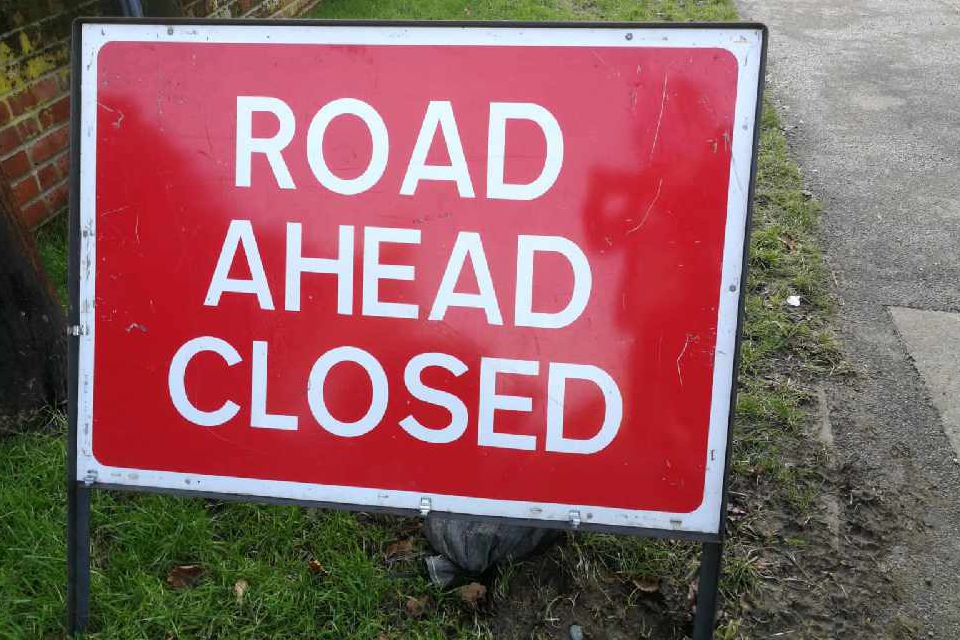 Half-term travel delays expected
Half-term travel delays expected
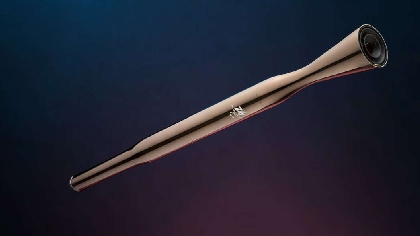 Paralympic Flame set to be created later this month
Paralympic Flame set to be created later this month
 Man sentenced for modern day slavery and class A drugs offences
Man sentenced for modern day slavery and class A drugs offences
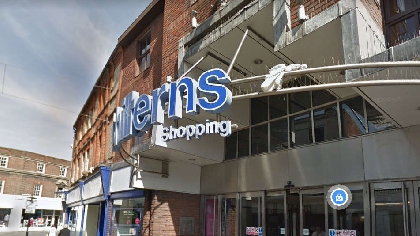 Shopping centre closed permanently
Shopping centre closed permanently
 Flip Out Aylesbury to close later this month
Flip Out Aylesbury to close later this month
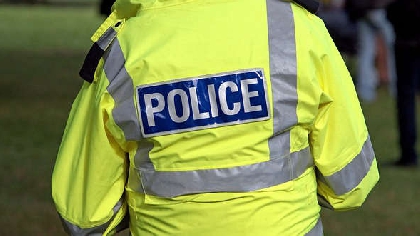 Appeal after dangerous dog incident in Long Crendon
Appeal after dangerous dog incident in Long Crendon
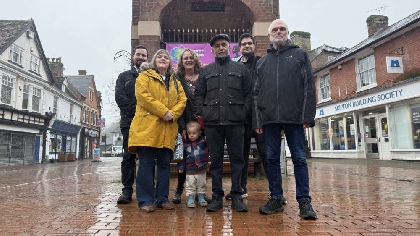 Campaign launched to save Chesham High Street
Campaign launched to save Chesham High Street
 Improvement needed for SEND services in Bucks
Improvement needed for SEND services in Bucks











